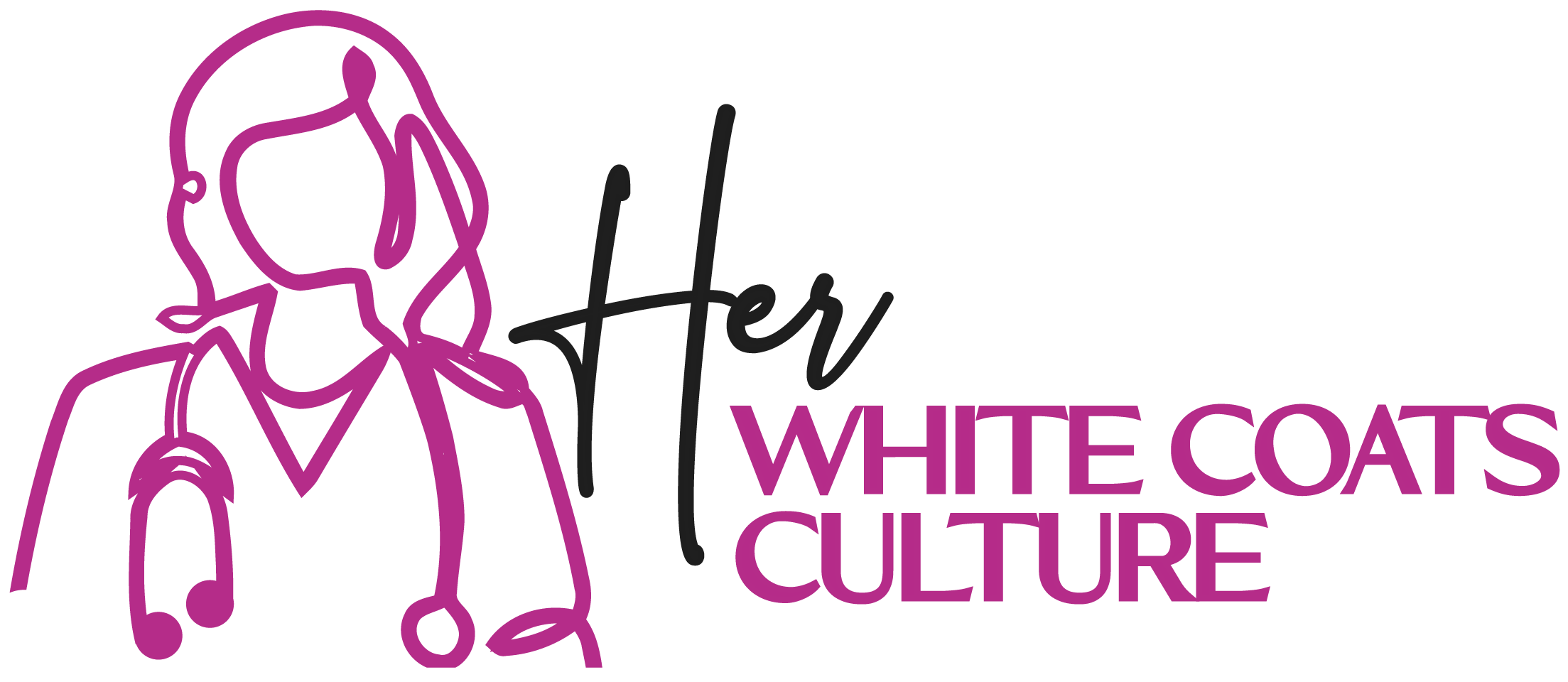My passion is simple, improving postpartum care for moms and newborns in the United States.
The period right after delivery and up to 4 months is defined as the postpartum period or considered the 4th trimester. Within this period, moms are recovering from a delivery, attempting to heal, trying to breastfeed, take care of themselves, their baby, and family. This period is also a critical time for establishing the mother-newborn bond that will directly influence infant and childhood development.
The postpartum period should be a time of healing and bonding at home. However, in the current state of healthcare, challenges have emerged to create a system that does not effectively address the needs of both moms and babies. Rather the system has become fragmented and places pressures on motherhood.
One can argue when motherhood actually begins. I believe it’s when you give birth and hold the baby in your arms for the first time. This is when the reality of motherhood hits. This is when the questions and advice start pouring in: Are you going to breastfeed? Is your baby getting formula? Make sure to sleep when the baby is, and in between feeding and changing every 2-3 hours, make sure to take care of yourself. After leaving the hospital, you need to go your first pediatric appointment. If you are having trouble with breastfeeding, there is a support group to attend on this side of time. Feel like crying all the time, there is a postpartum depression support group on the other side of town. From the birth of that child, motherhood has become exhausting and care dispersed.
In an era, where anything can be delivered to the house by a click of a mouse, why can’t we deliver healthcare to moms and newborns at home? Before addressing that question, let’s explore the current state of postpartum care here in the US through four stories. My four stories in which I had four different outcomes but went through a generic system of care.
First, Sahil. He is my first born. I was a pediatric resident at the time. Complications lead to a c-section. I went home trying to recover from my surgery, taking care of a newborn, and struggling to breastfeed.
Second, Rishi. I opted for a VBAC (vaginal delivery after a c-section). I wanted to experience birth the “natural” way. The “natural” way quickly unfolded to “if you don’t have this baby right now, we have to do an emergency c-section.” Assisted with forceps, I delivered my baby. What succeeded was a grade 3/4 tears, uterine infection, and a postpartum depression that was not diagnosed until 8 months after my delivery.
Third: Rithik. Due to my previous delivery history and complications, I was scheduled for a c-section, But, he had other plans. I drove myself to the hospital 4 days prior to the scheduled surgery thinking I had GI issues. Within 20 minutes of arriving at the hospital, I shockingly had my baby, no epidural, no IVs. I assure you that was not my plan. Surprisingly, what followed was the best recovery of my life, but for three months, I would get bouts of anxiety. Later, finding out, that postpartum depression is a misnomer and can present with other symptoms such anxiety.
Fourth: Avi. With Avi, I developed high blood pressure in the later half of my pregnancy. We made it to 38 weeks. However, due to his unscheduled timing, I had limited help at home and the older boys were in school. On the day of his first newborn appointment, it was snowing, just enough for schools to be open but bad enough to avoid unnecessary driving. I dropped off my kids to school and trekked to my pediatrician’s office with my newborn. The appointment took 15 minutes in which they conducted a newborn weight check, asked how my breastfeeding was going and sent me back into the snow with my newborn.
Wait, what?! 15 minutes.
With all my children, I had diligently followed the system. Deliver a baby, discharge from hospital, take a newborn to pediatrician’s office roughly 4 days after you deliver. Regardless of the fact whether I had a c-section, suffered from uterine infection, or recovering from high blood pressure, I was there with my newborn and sometimes their older sibling. And for what, an appointment that in 15 minutes had missed my struggles of breastfeeding. An appointment that overlooked my risk factors of developing postpartum depression. An appointment, that made me trek in any circumstances to get care. An appointment that each mom and her newborn has to face. Then, if there are any breastfeeding or postpartum depression issues, medical providers refer moms to go to support groups. Again, making moms travel with their newborns all around looking for care.
Let me pause and remind you, I am a pediatrician. I fully understand the healthcare system and how to navigate it……and yet, even I had deficiencies in my needs. What about the common mom?
Why can we not set up a system where a medical provider equipped in maternal and newborn care and breastfeeding can come home? You had a c-section, healthcare comes to you. You had an uterine infection- healthcare comes to you. You are having trouble breastfeeding and you worry about the baby getting hungry in the time it take you to get to the clinic- health care comes to you. You have three other kids, it’s snowing outside- healthcare comes to you.In reality, this system does exist. Countries such as Netherlands, Finland, and Japan deliver comprehensive postpartum health care at home. In the United States, institutions like Kaiser and small federal funded programs also provide this care to a subset of moms.
Comprehensive postpartum health care delivered at home CAN work in this day and age. Prior to leaving the hospital, newborns are screened for major newborn medical problems such as congenital heart defects and treatable metabolic disorders.
Therefore, what is left for the first newborn pediatric appointment just days after you deliver is a newborn weight check, jaundice evaluation, and breastfeeding assessment. All things that can be done at home.
There is a growing body of scientific studies to validate the role of postpartum home health visits. These visits reduce repeat hospitalizations of the newborn in the 1st month, reduce emergency and urgent care utilization, increase breastfeeding duration and decrease postpartum depression by 30% ……all resulting in reduction in of healthcare costs.
Postpartum home visits work because they strengthen the mother-infant bond, address the needs of both the mom and newborn, and promote maternal healing at home. By supporting this critical period, studies have gone on to show improvement in infant mortality and positive influence on childhood development.
A scientifically validated process that improves better health care outcomes of moms and newborns decreases health care dollars, why isn’t that the norm?
Every mom and newborn deserves this type of care.
[author] [author_image timthumb=’on’]https://womeninwhitecoats.com/wp-content/uploads/2018/08/sonal.png[/author_image] [author_info] Dr. Sonal Patel is a neonatologist and pediatrician with 4 boys who through her personal and professional experiences identified an area that needed improvement and now is on a mission to create the change she desires in postpartum care for all mothers. Learn more at www.nayacare.org[/author_info] [/author]





